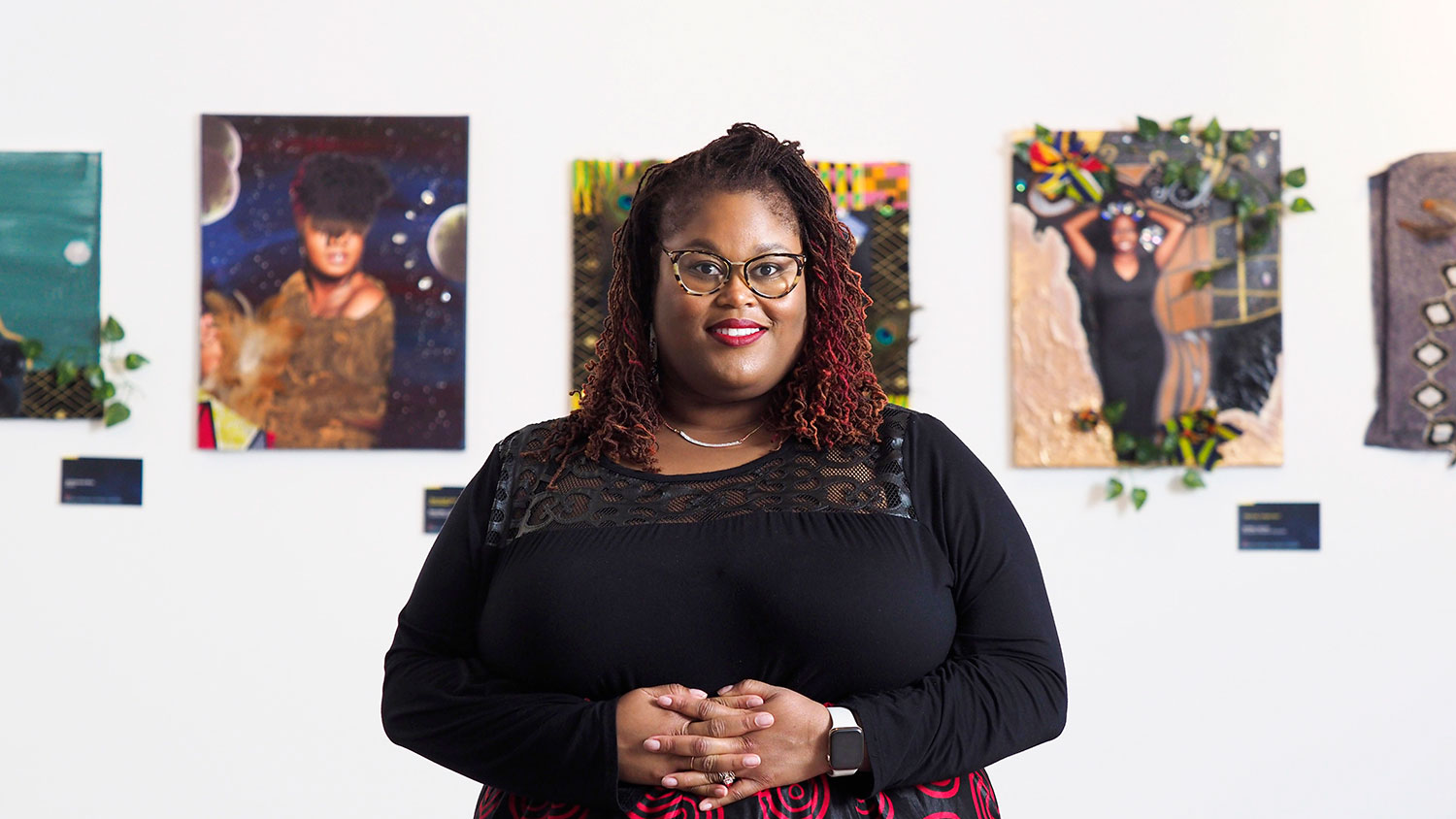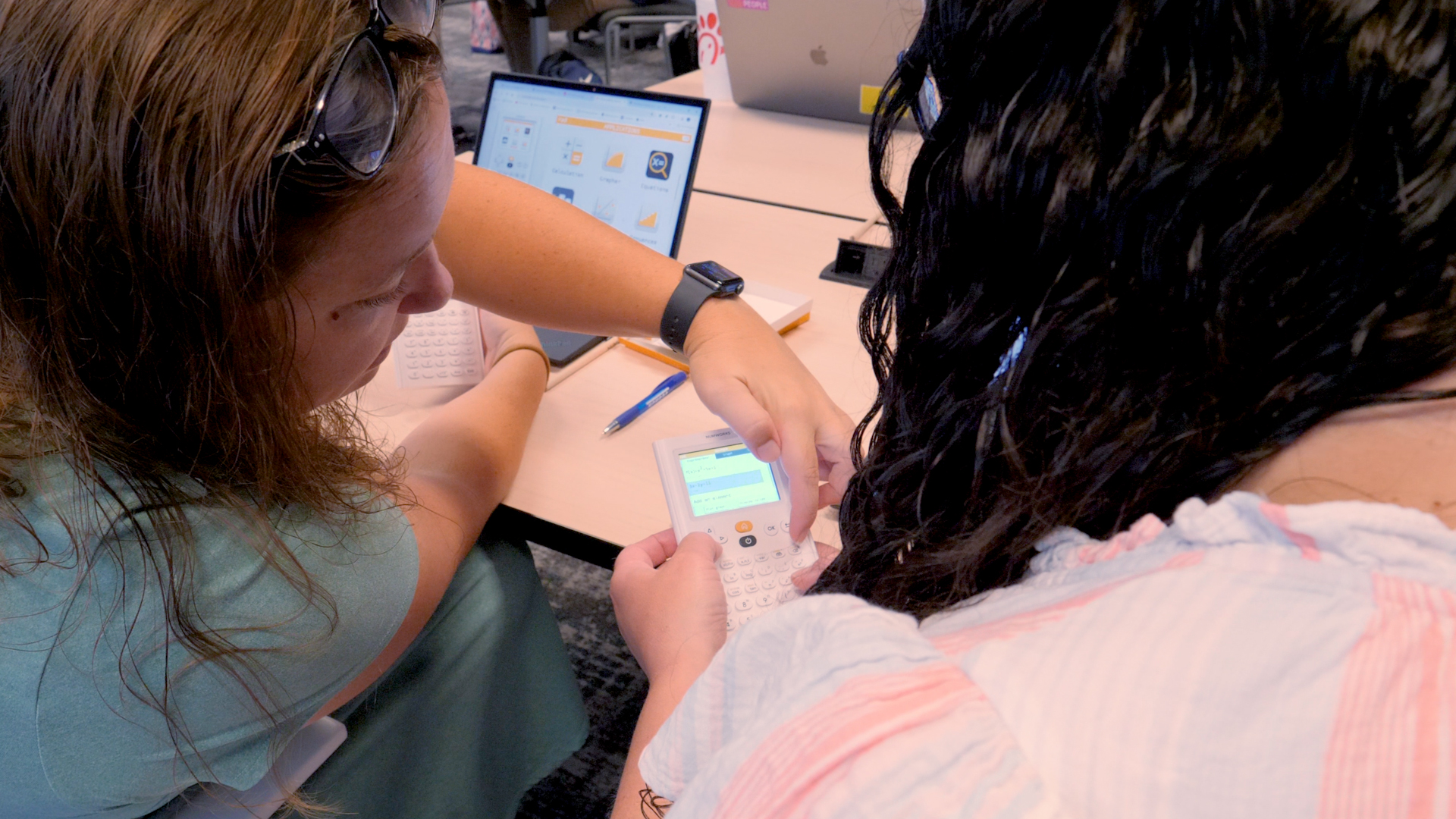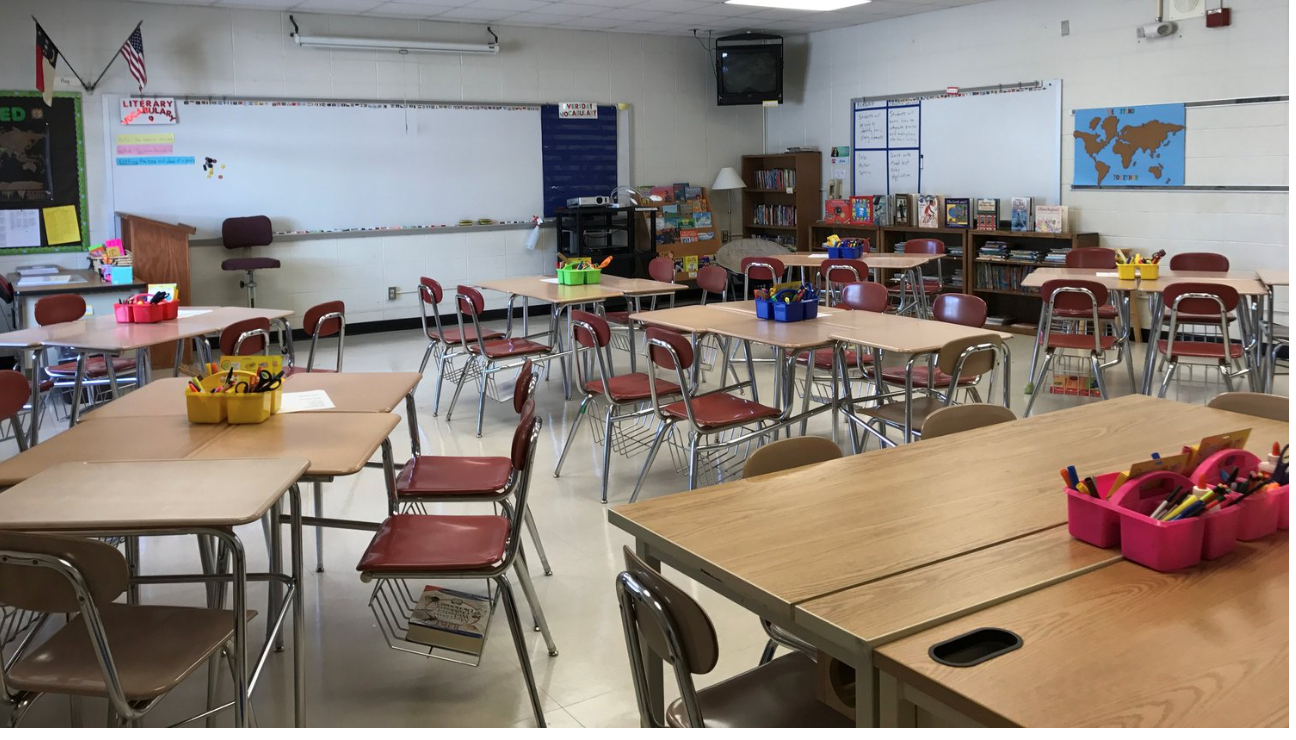angela gay-audre ’23PHD: ‘I Believe Education Has Emancipatory Principles — That When Given Access, People Are Able to Have More Choices’

angela gay-audre ’23PHD, the director of NC State’s African American Cultural Center, believes in the world-building potential of endarkened women and wants to expand the literature in ways that honors their ways of knowing.
She was able to pursue that goal while earning her Ph.D. in Educational Leadership, Policy and Human Development with a concentration in higher education opportunity, equity and justice, and, after graduation, hopes to move forward and expand on the scholarship she began while completing her dissertation.
Learn more about angela gay-audre ’23PHD
Hometown: Blounts Creek, North Carolina
Activities (Research or Extracurricular): I have worked across NC State, primarily in the Office for Institutional Equity and Diversity (OIED). I currently serve as director of the African American Cultural Center. I have been connected through my work and scholarship to various students and organizations. I have consulted with NC State departments, such as the College of Natural Resources. I have delivered keynotes and guest lectures across the university.
What are your research interests? What inspired those interests?
Black Feminism, womanism and other critical theories. The lives and experiences of endarkened women. The intersection of endarkened students in higher education. Love as praxis. Humanizing practices and pedagogies.
I am inspired by the people I have met who continue to create more space for us to be free.
Why did you choose the NC State College of Education?
I was inspired by the work and care demonstrated by prior faculty, like Dr. Tiffany Davis.
Why did you choose your concentration?
I believe in the world-building potential of endarkened women and I wanted to expand the literature in ways that honored their ways of knowing.
What’s your next step? What do you have planned after graduation?
To continue to write. To continue to make my scholarship my daily practice. To move toward a life that feels luxurious.
How has the College of Education prepared you for that next step?
Through amazing humans, I have been given the space and latitude to create something akin to heart work — something that I want to move forward and expand.
What do you hope to accomplish in your field?
To create more space for people to break through the confines of hierarchy, classism and elitism so as to bring more possibility to the world.
Do you have a favorite memory from your time in the College of Education?
I met a former student, Denee. She was my first real friend. Her kindness made me feel less alone and less afraid. I did not know it at the time, but her short-lived presence in my life would bring me down a path that could make me more possible.
Tell us about an experience you had with the College of Education that had the biggest impact on you or your career.
[Associate Professor] Tamara Young’s class was the most challenging and insightful course I took. It was lovely and it started me on the journey to write a dissertation that meant something to me and the people around me.
Why did you choose education?
I believe education has emancipatory principles — that when given access, people are able to have more choices.
- Categories:


